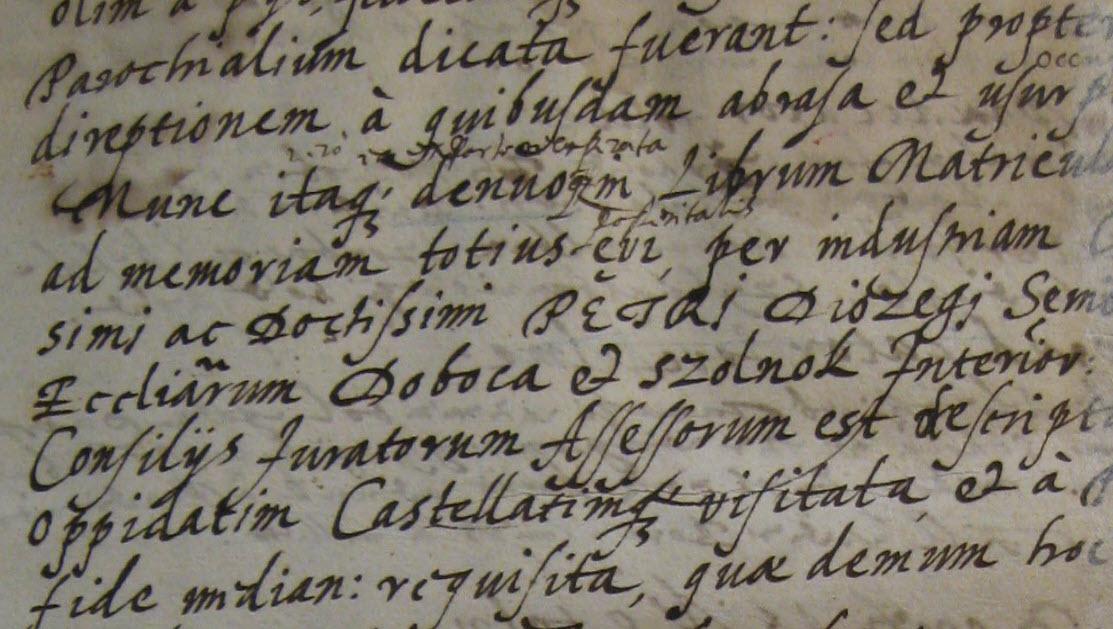A Görgényi Református Egyházmegye 1806-os évének vizitációs jegyzőkönyvei I
A Görgényi Református Egyházmegye 1806-os évi jegyzőkönyvéből 18 egyházközség jegyzőkönyvét vizsgáltam. A kutatás során megvizsgáltam az egyházmegye kialakulását, templomok építését, lélekszámok változását. Láthatjuk, hogy a kor református egyháztörténete nagy hatást gyakorolt a Görgényi Egyházmegyére is. A kutatás fontosabb eredményei: a lelkipásztorok szolgálatainak minősége, az egyházi javak számbavétele, a fegyelmi ügyek tisztázása, valamint az iskolalátogatásról szóló rendelkezések feltárása.
